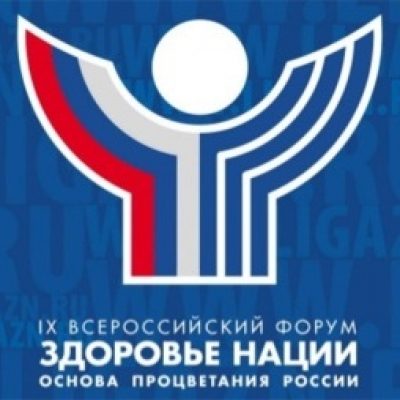For many years, the Russian Forum «Health of the Nation is the Basis for Prosperity of Russia» unites leading specialists, heads of relevant ministries and departments. Representatives of the Ministry of Industry and Trade, the Ministry of Healthcare, Roszdravnadzor, FAS, the pharmaceutical industry and patient organizations were involved in the discussion on the circulation of drugs under the 7 High-cost nosologies program, which took place on 30th of May in Gostiny Dvor.
«The formation of the right attitude to Russian products is our main objective. It is important to inform people that there are no risks of a particular drug using. This is reflected in the draft priority «PHARMA-2030» development program, which focuses on the development of a civilized pharmaceutical market in Russia. To do this, it is necessary to determine industry priorities and new growth points», — the First Deputy Minister of Industry and Trade of the Russian Federation Sergey Tsyb said at the meeting.
The tone of the discussion was made by Elena Maksimkina, a Director of the Department of Drug Supply and Regulation of Medical Products of the Ministry of Healthcare of Russia: «In 2008, when the «7 High-cost nosologies» program started, 19 416 patients were listed in the register. Until now this number has increased almost 10 times. It happened, first of all, because of the quality of life of this citizens category has changed. The emphasis on the program «7 High-cost nosologies» and the proper allocation of funds, the execution of SPICs and support of local manufacturers have helped to save 6.5 billion rubles».
The «7 High-cost nosologies» program is the matrix for the further development. Currently, in spite of the fact that in most of the constituent territories of the Russian Federation the efforts are being made to provide «patients with rare diseases» with necessary medical aid it is not possible to fund the current need for treatment in the necessary volumes only from regional budgets in Russia. Reforming the program will allow separating powers between federal government and local ones. At the same time, the imbalance and inequality of medicinal provision of citizens suffering from high-cost nosologies will be eliminated.
The important point is the topic of benefits monetization. In Russia, almost 76% of beneficiaries have refused of free medicines, having chosen money. In total, 118 billion rubles were devoted for monetization in 2018, according to the Ministry of Healthcare. «Thus, the insurance principle is violated» — Viktor Dmitriev said, a deputy head of the public council of Roszdravnadzor, the General Director of the ARPM. «We, communicating with the regions, can see the local situation. Monetization on the one hand leads to unbalancing the system. A significant part of those who refused of free medicines in favor of monetary compensation, choose funds more than is required for their treatment. The rest patients with more serious diseases, do not get guaranteed drug therapy because of lack of budget. On the other hand, «medicinal refuseniks» get in a group of federal and regional benefits: from one of them they receive money, and from the other one — medicines. This reduces the amount of funding for citizens who do not have the right for social services or cash compensation, and are provided with free medicines only at the expense of the regional budget» — Viktor Dmitriev has explained.
In addition, the expert focused the attention of colleagues to the growing distrust of the medical community to the results of clinical researches of generic drugs. Responsibility for the results of research is an important factor in ensuring the effectiveness and safety of medical supplies. «A medicine entering the market is mandatory under clinical research. The research results, as a rule, are signed by an authoritative expert, an «opinion leader». After the medicine enters the market, we are faced with the refusal of doctors to apply it and the dissemination of unconfirmed information about its inefficiency. We draw attention to the fact that henceforth we will monitor such cases and take them to the broad audience and the names of researchers whose signatures gave the drugs «start to life» and the last names of unbelieving people who disclaim data from scientific-based medicine», — Viktor Dmitriev emphasized.
All these issues are increasingly becoming topics of round tables and meetings in the regions, which allows you to learn about the complexities of the primary sources. One of these territorial public councils was held on 29th of May in Pskov, the next will be held on 6th and 8th of June in Penza and Kaliningrad respectively.

